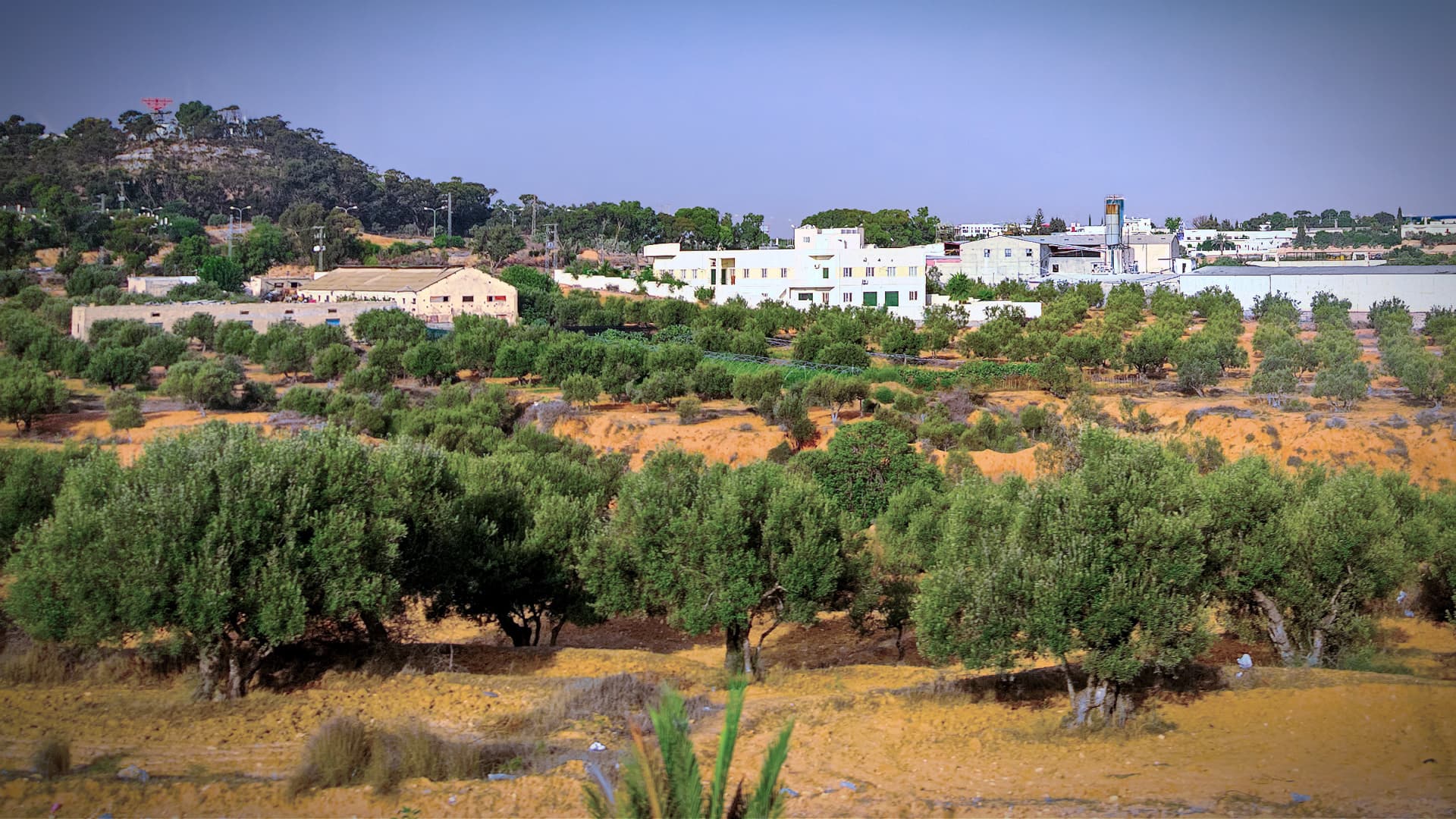Tunisia Seeks Trade Deal to Avert 28 Percent Export Tariff

Tunisian diplomats in Washington, D.C. are negotiating to avoid a 28 percent tariff on exports to the U.S., with ongoing discussions led by Marouane Ben Jomaa. The potential tariffs could impact key sectors like olive oil, dates, and handcrafts, with the olive oil trade being particularly affected.
Tunisian diplomats in Washington, D.C., announced that diplomatic efforts are underway to negotiate a better trade deal with the United States.
The goal is to avoid a 28 percent tariff on all Tunisian exports to the U.S., which were delayed 90 days earlier this month and replaced with a baseline ten percent tariff.
Marouane Ben Jomaa, president of the Tunisian-American Chamber of Commerce and Industry, confirmed the ongoing negotiations.
Imposing a 28 percent tariff on Tunisian goods exported to the U.S. market would limit their competitiveness and create obstacles to their access to one of the most important global markets.
In his view, the potential application of a 28 percent levy “risks compromising the competitiveness of key sectors such as olive oil, dates and handcrafts.”
Ben Jomaa also noted how different tariffs applied to competing countries would contribute to jeopardizing Tunisian market quotas in the U.S.
While suspended, the tariff scheme President Donald J. Trump previously announced would see E.U. members facing 20 percent tariffs, with olive oil producers from Turkey, Morocco, and Algeria hit with a ten percent duty.
See Also:Italian Exporters Double Down on U.S. Market Despite Tariff RisksAccording to United Nations data, in 2023, direct exports of olive oil from Tunisia to the U.S. slightly exceeded $220 (€203) million.
Former Trade Minister Mohsen Hassan noted that the country’s exports benefited over the years from the U.S. Generalized System of Preferences (GSP), which aims to promote economic growth in developing countries by allowing specific volumes of duty-free trade.
According to Hassan, GSP helped Tunisia grow its exports to the U.S., primarily driven by olive oil and dates.
“Imposing a 28 percent tariff on Tunisian goods exported to the U.S. market would limit their competitiveness and create obstacles to their access to one of the most important global markets that Tunisian exporters have worked on in recent years,” he said.
If the tariff agenda does not change in the next three months, the baseline tariffs could also have consequences for Tunisian exports to the U.S. that do not happen directly between the two countries.
“The U.S. is the biggest importer of Tunisian olive oil, both directly and indirectly. What goes in indirectly is more than what goes there directly from Tunisia,” Wajih Rekik, the chief executive of CHO America, the U.S. branch of the largest Tunisian olive oil bottler and exporter, told Olive Oil Times.
The complexities of the olive oil trade between Tunisia and other large producer countries, which are also exporters to the U.S., intertwine with the tariffs that could potentially hit countries to different extents.
“When shipments go to the U.S. from Tunisia, that is a very obvious transaction. But volumes twice as large go to Spain, and from there they are shipped, or re-exported, to the United States,” Rekik said.
“Twenty-eight percent tariffs could have made some damage,” he added. “As everyone is now subject to the same ten percent tariffs, the whole issue is currently way more manageable.”
The CHO America executive referred to olive oil market dynamics in the United States, which show only a minimal impact from higher prices in the last two years.
“The consumption remained strong even during shortage, with 30 to 40 percent higher prices,” Rekik said.
“Now prices are down, they dropped significantly, that means that the prices for the consumers will still be lower than in the past, even with a ten percent tariff,” he added.
Tunisian olive oil exports to the U.S. in the same period of the current year decreased in value by 26.8 percent compared to the first four months of 2024, primarily due tolower olive oil prices at origin.
Olive Oil Times reached out to some Tunisian producers, who did not comment on the quickly changing scenario but confirmed that the high level of uncertainty does not help sustain their businesses.
Reda Al-Shakandali, professor of economics at the University of Carthage, told local media that the temporary suspension of tariffs creates uncertainty that disrupts the global economy.
According to the professor, Tunisia’s economy is fragile and heavily reliant on tourism, olive oil and fertilizers, with remittances from Tunisians abroad playing a significant role.
In his view, the consequences of the tariffs and the uncertainty will impair investments.
Even amidst such uncertainty, Tunisian olive oil exporters and diplomats hope for negotiations to defuse the threatened tariff spike and consider the whole olive oil trade differently.
“Olive oil is a healthy product. Science tells us that it reduces the risk of heart disease, Alzheimer’s disease, and much more. In a way, olive oil is a medicine for the American consumer,” Rekik said.
“We also know that the Trump administration does not favor seed oils. And olive oil is the healthiest alternative out there,” he added.
“As the United States produces only a fraction of the extra virgin olive oil it consumes, I believe that if there is any product that could benefit from an exception, it should be olive oil,” Rekik continued.
According to Rekik, U.S. consumers could do without several food products imported in significant quantities.
“Look at European wine. There are a lot of wines being produced in the U.S. And that is not the healthiest thing out there in terms of heart or brain health,” he said.
“That is why I am hopeful that, within that logic, the Trump administration would consider exceptions on certain products, and olive oil will be a big one there,” Rekik underlined.
While Tunisia exports a broad range of goods and services to the U.S., animal and vegetable fats such as olive oil produce the most significant numbers.
Agriculture has contributed strongly to Tunisian Gross Domestic Product (GDP) growth in recent years.
According to the latest data from the Tunisian General Labour Union, almost 87 percent of the country’s informal workers are employed in agriculture.
The informal economy includes all activities not regulated or monitored by the government and accounts for 30 to 40 percent of the country’s GDP.
Local companies are at work defining possible scenarios while negotiations begin.
“I know lots of companies are working on short-term solutions, like bringing more inventory to the U.S., but those are short-term initiatives,” Rekik said.
“What is going to matter now is what will remain long-term,” he concluded. “Is this [tariff change] a real long-term change destined to impact market dynamics, or is it just short-term?”









